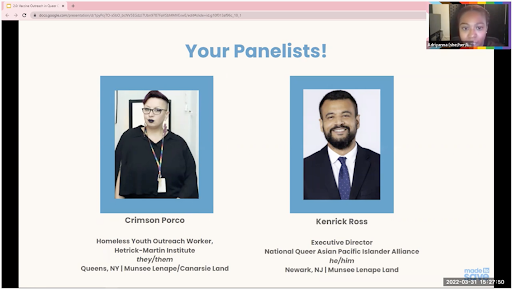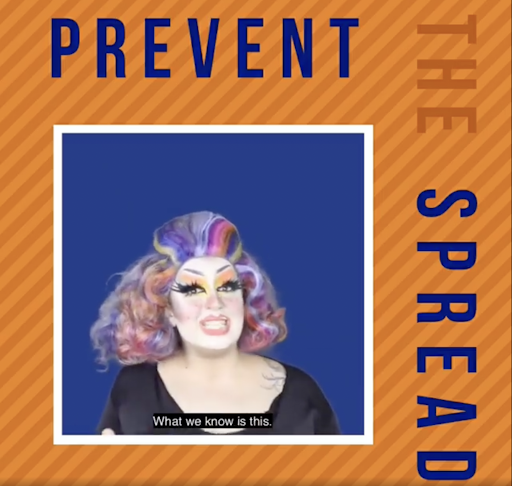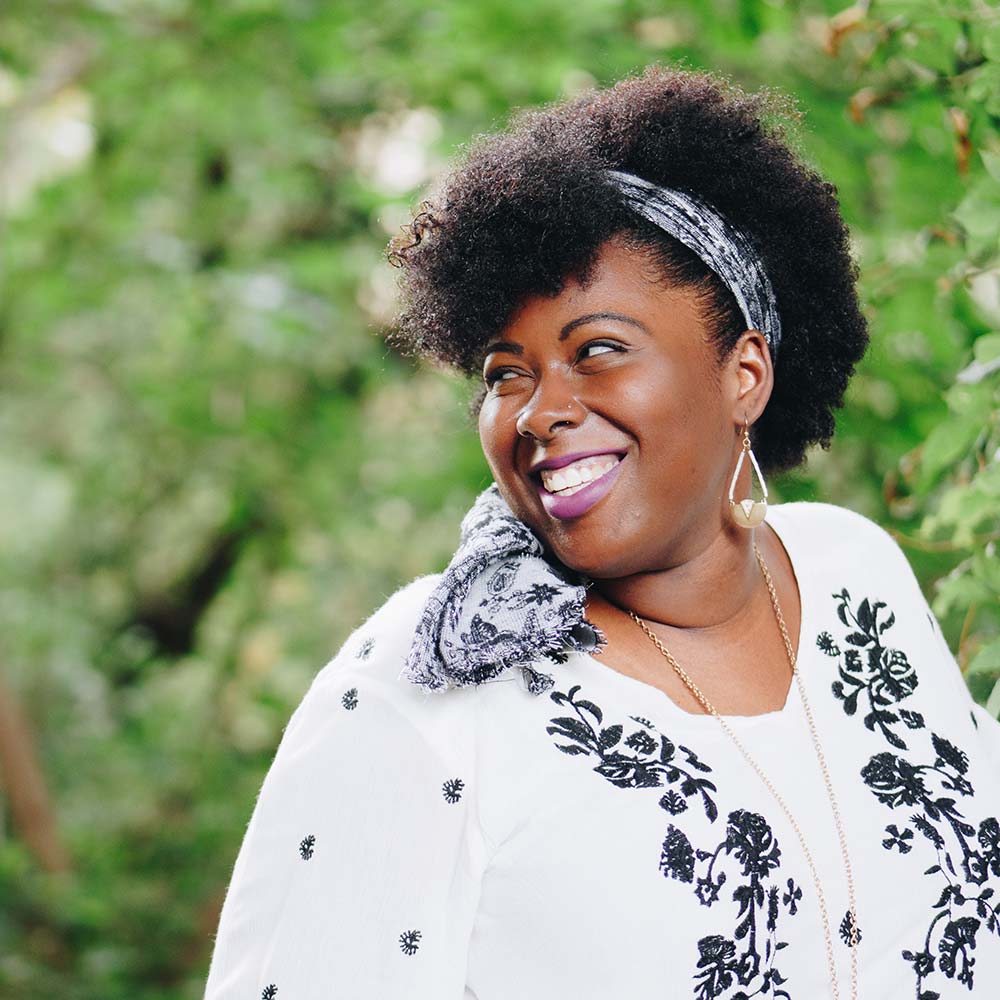“We Are Everywhere” : LGBTQ+ Leaders Speak on the Importance of Centering Queer Communities of Color in Vaccine Organizing
On Trans Day of Visibility, Made to Save convened two partner organizations doing pivotal outreach in lesbian, gay, bisexual, transgender and questioning (LGBTQ+) communities of color: the Hetrick-Martin Institute (HMI) and the National Queer Asian Pacific Islander Association (NQAPIA). The panel focused on how outreach can center the needs of this often-overlooked group, living at the intersection of multiple marginalized identities.
Based in NYC, HMI uses a combination of direct services and referrals to foster healthy development in the LGBTQ+ youth (aged 13-24) they serve, 50% of whom are experiencing homelessness. As a national organization, NQAPIA works to build the capacity of local LGBTQ+ Asian American Pacific Islander (AAPI) organizations and challenge homophobia, racism, and anti-immigrant bias.
Both organizations saw COVID-19 outreach as a natural extension of what they do, since communities of color and the LGBTQ+ community have long histories of mistreatment and erasure by the healthcare system. Though gaps have narrowed, vaccine hesitancy has been understandably high in communities of color and the LGBTQ+ community, with queer communities of color among the hardest-hit by the pandemic.
Crimson Porco, HMI’s Homeless Outreach Coordinator, shared that worry and stress from the pandemic have negatively impacted the mental health of 3 in 4 LGBTQ+ people (compared to 2 in 4 non-LGBTQ+ folks), and 1 in 3 LGBTQ+ people of color know someone who has died from COVID-19 (compared to 1 in 5 white LGBTQ+ folks).
Some of that can be attributed to a lack of safe, high-quality health care that centers the needs of queer and trans communities of color. But Porco shared that even when physical and mental health care is available to LGBTQ+ people of color, the process of seeking out healthcare can itself be isolating:
“Filling out healthcare forms—as someone nonbinary and biracial—is SO anxiety-inducing. I hate those questions. In order to provide better care, we need to change how we’re even introducing that care. I have to fill out the “other” category for most forms, and it’s dehumanizing.”
This makes responsible human-focused organizing particularly crucial in these communities. Kenrick Ross, NQAPIA’s Executive Director, urged outreach workers to remember that this organizing must honor the particular needs and strengths of the LGBTQ+ and BIPOC communities, emphasizing that serving a population badly or with a hostile lens is often worse than not serving that population at all.
One way Ross and Porco honor people’s needs? They meet people where they are.
“There can’t be one universal approach,” said Ross. “The people sharing important safety information need to look AND sound like you. When I say ‘auntie,’ the conversation changes. It opens up a dialogue. You know where I’m coming from.”
Pictured: Crimson Porco providing key COVID updates to LGBTQ+ youth
“I operate from the standpoint of meeting people where they are. I didn’t have a corporate background. I grew up in the world of nightlife, dazzling lights, and fabulosity. And a lot of my work today is actually using the skills I learned in nightlife.”
— Crimson Porco, Homeless Youth Outreach Worker, HMI
Many small organizations may not have dedicated LGBTQ+ programs, but Ross made clear that every organization is inevitably serving LGBTQ+ people:
“Even if you don’t have a dedicated LGBTQ program, you’re still serving queer and trans people—you may actually be serving the most vulnerable of them who have not or cannot come out. We are everywhere, especially when we don’t have the safety/security to say ‘hey we’re here.’”
Porco and Ross provided important advice not just for organizations, but for anyone seeking to be a true ally. Porco shared their 3-step plan to being an effective ally:
- Be here or bounce. Is this a place you want to be? If so, commit to it. Are you a real ally or halfway in?
- Take a step back and listen. We can’t be right all the time. When people are sharing their experiences, it’s important to take a step back. And anytime you catch yourself saying “but…” ? Check yourself.
- E is for what? Empathy. “How did empathy become something that’s not desirable? That we can’t think emotionally? You have to care, first and foremost”.
Leading with empathy and openness only becomes more essential when people have intersecting marginalized identities and are holding many things at once. Ross gave a powerful example from LGBTQ+ AAPI communities:
“When members of the AAPI community were targeted in a recent shooting, I was in the middle of calls talking about anti-trans legislation and an equality bill. These intersections matter for people like me and our work!”
While we can draw some important insights from trends, we must not treat any community as a monolith. Ross stated that data disaggregation is key to avoiding this, citing that some AAPI communities have the highest rates of vaccination/testing while other AAPI communities have the lowest rates of vaccination/testing.
Acknowledging the fullness of someone’s unique experience is crucial to effective organizing—a large reason why Made to Save has trained thousands in using the TEO method of motivational interviewing for successful, empathy-based vaccine conversations.
And while that work can certainly be heavy, the panel closed with an important reminder: find spaces for grace, joy, empathy, and kindness.
###
If you would like to learn more about the Hetrick-Martin Institute (HMI) or the National Queer Asian Pacific Islander Association (NQAPIA) please visit their respective websites at https://hmi.org/get-involved/ and https://www.nqapia.org/wpp/home/ to find out more ways that you can get involved!


